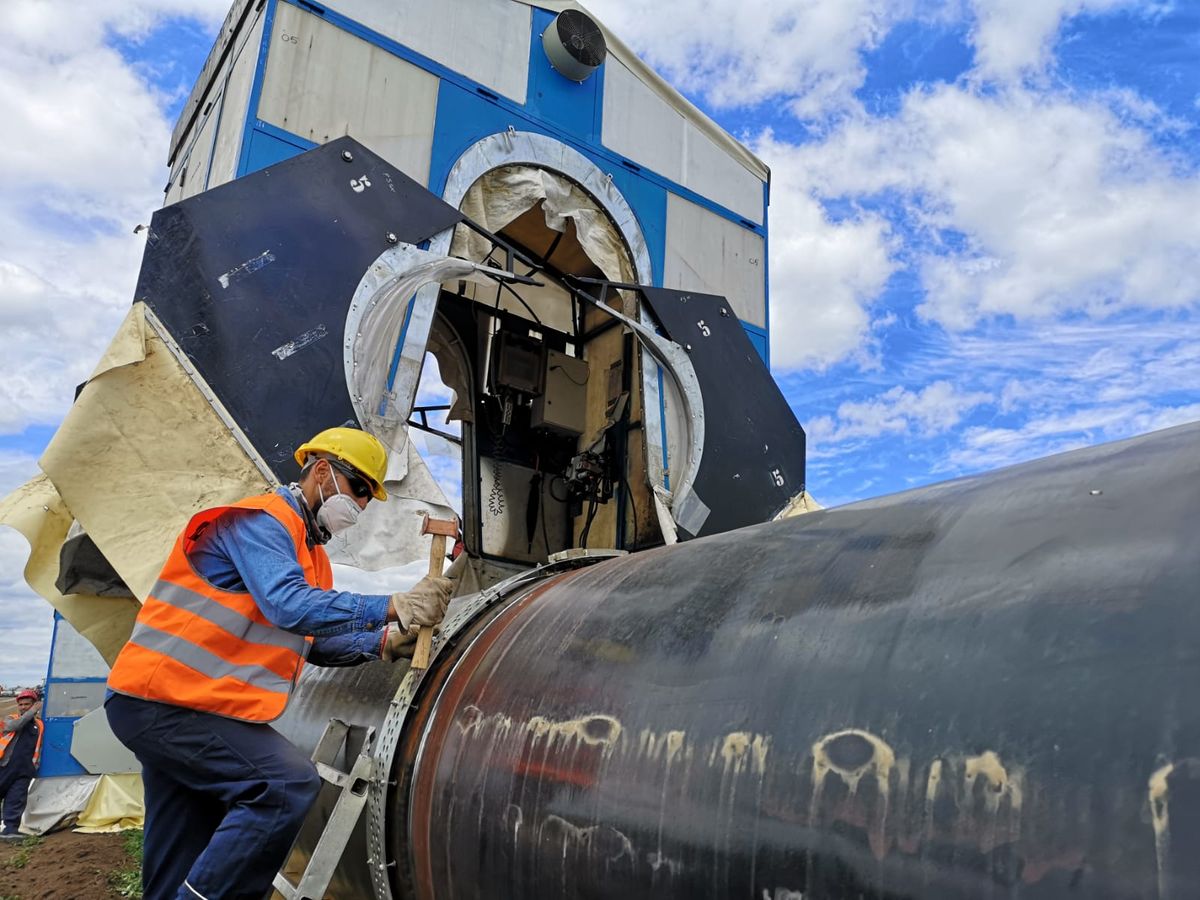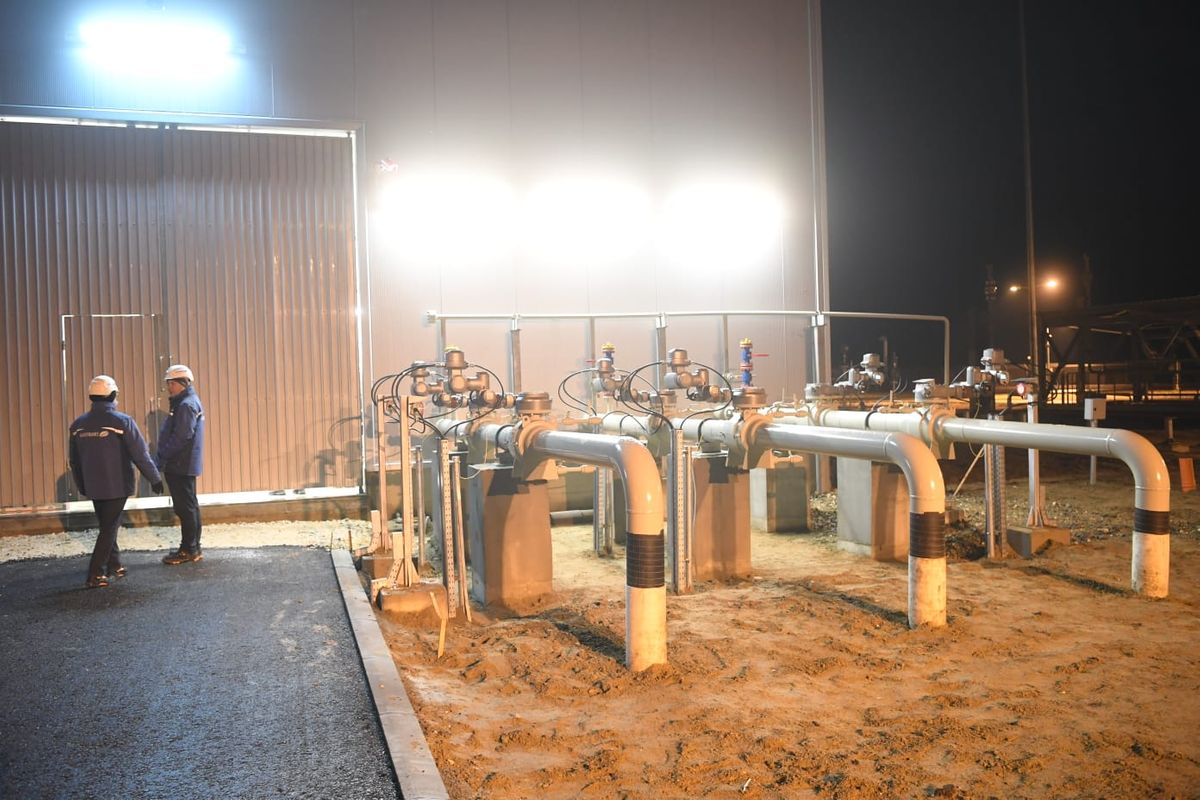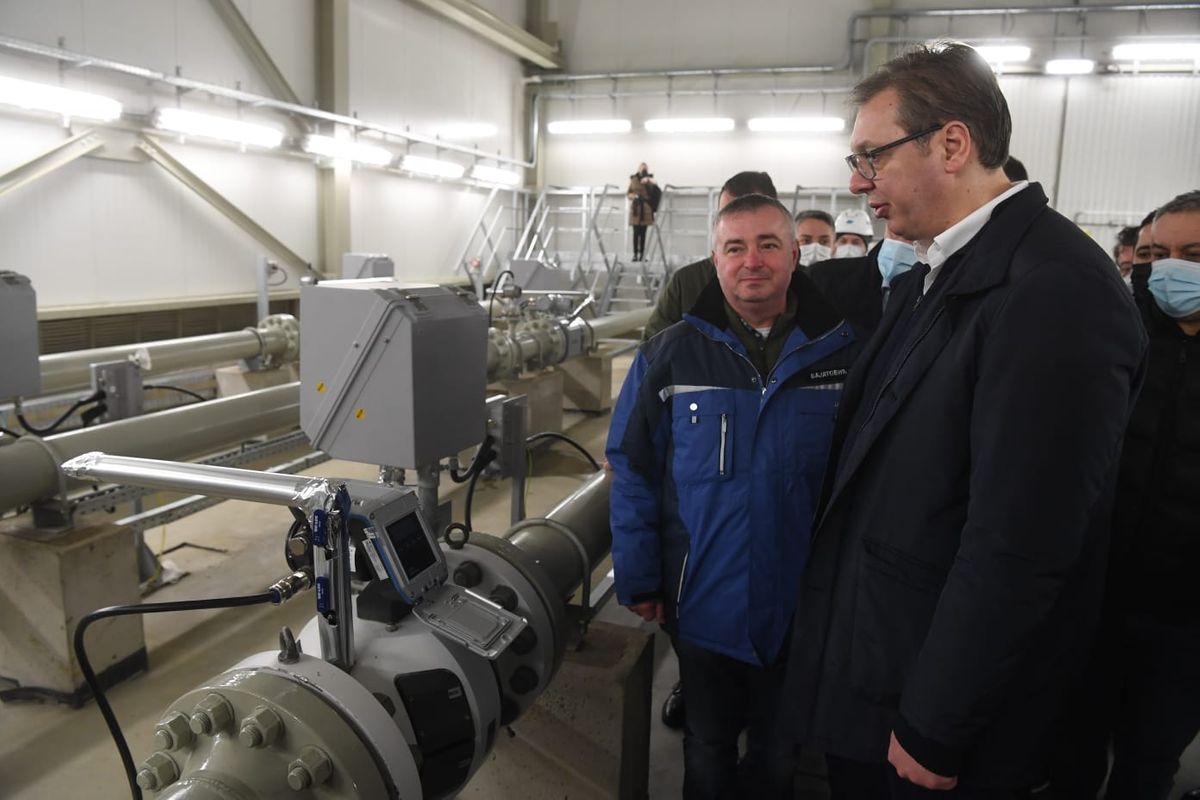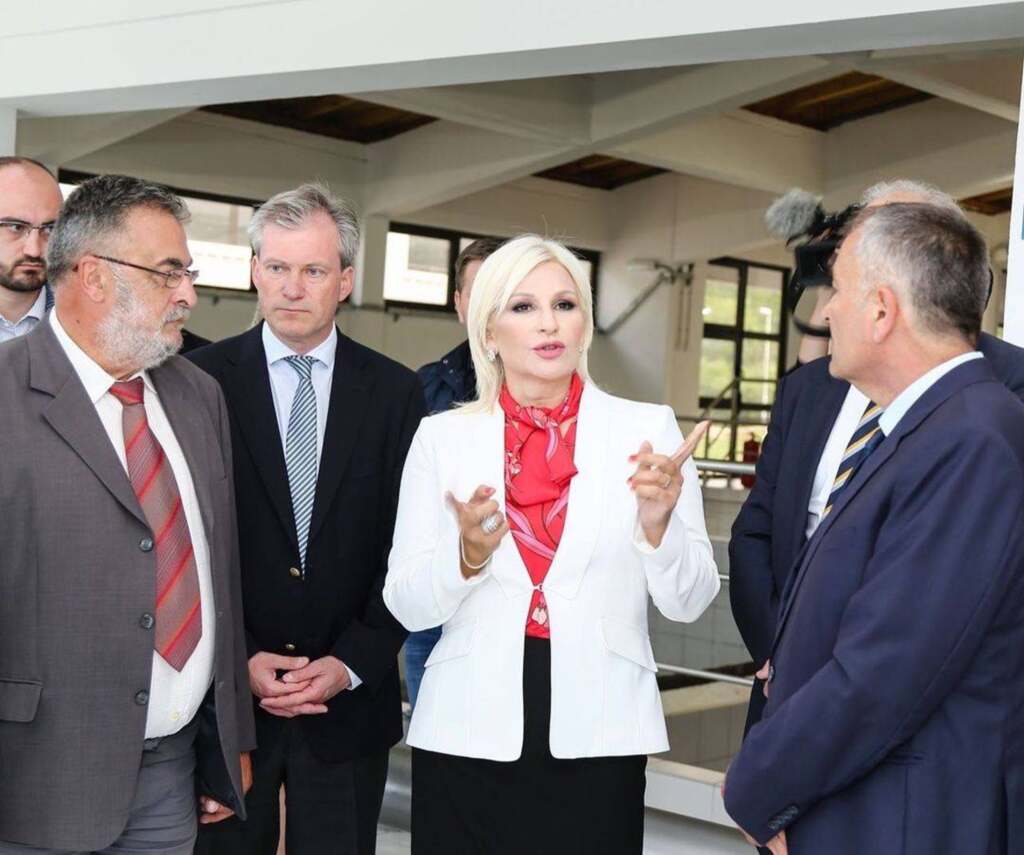
EU to give up Russian gas, Serbia secures itself
Serbia is preparing to conclude a new long-term gas contract with Russia. According to the director of Serbian gas company Srbijagas, the country has enough funds and there are alternative ways to provide gas. As to the new contract with Russia, Dusan Bajatovic said that he would present the details after 15 May. He stressed that there was no need to worry, it will be affordable. Meanwhile, Energy Minister Zorana Mihajlovic said that there will be enough gas for the upcoming winter, but it will not be easy to procure and it will not be cheap. The minister has called on everyone to use energy resources rationally.
Serbia continues to count on Russian gas
Serbia does not need to worry, its new gas contract with Russia will be favourable, said the director of Srbijagas, the country’s gas provider. Dusan Bajatovic added that the state has sufficient resources and is looking at alternative solutions. Despite the current crisis, gas supplies to Serbia have been secured, with Gazprom sending the contracted quantity as agreed.

Photo: Serbia’s government
„Currently, we have more gas than we need, and we will completely fill up the storage facility in Udvarnok. There is no problem,
Dusan Bajatovic told the Tanjug news agency.
Russian gas arrives in Serbia at well below market price
Serbia currently buys Russian gas, which enters the country via the Balkan Stream pipeline, and Belgrade pays 270 dollars per cubic metre, regardless of the market price. The contract governing this expires in the middle of the year. Negotiations on its extension will start in the coming weeks.

Photo: Serbian Government
According to Dusan Bajatovic, the details of the new long-term contract with Gazprom could be disclosed within 10 days.
„Don’t ask me about the details just yet, it would be very awkward to start talking about it now, because there is a lot of pressure on the country due to our relationship with Moscow.”.
Despite any international influence and pressure, the director is confident that Belgrade will sign a contract with the Russians again.
„This, too, will be a favourable contract for us. Will it be as good as before? It’s hard to say, but it will be good. However, it is difficult to imagine that the current low price will remain,” Mr Bajatovic said. He added that besides the Balkan Stream, Serbia also has access to the European gas network via Hungary. The question is, however, whether in a month or two, in the current period of sanction threats, gas will be available for procurement from the European market.
European Union is also divided over gas embargo
There is no consensus among EU countries on whether to impose a gas embargo on Russia. Brussels aims to phase out dependence on Russian oil and gas. This will not be easy, as a significant part of the members are dependent on Russian gas. 80 per cent of Austria’s gas imports come from Russia, and the same figure is 90 per cent for the Czech Republic. Hungarian Prime Minister Viktor Orban said earlier that 85 per cent of all natural gas used in Hungary comes from Russia.
In his latest radio interview, Hungary’s premier stressed that the heads of government had previously agreed that each country has the sovereign right to decide on its energy mix, and that the consensus that had been reached could only be changed by unanimous agreement of the member states. Mr Orban said he would continue to fight to defend his government’s scheme of utility bill cuts. If Brussels had imposed the oil and gas embargo, the utility reduction scheme would be over, he added.
While the EU is debating, gas will certainly be available in Serbia next winter
According to Serbian Energy Minister Zorana Mihajlovic, the government will provide enough gas for the coming winter. However, this year it will not be as easy as it was before, and it will not be as cheap to get energy sources, Ms Mihajlovic added. The minister called on everyone to save energy and use it rationally, because of the difficulties.
„It will not be easy to prepare for the coming winter, especially for the electricity industry, after last year’s heating season which saw several power plant failures. We are prepared for all scenarios, but the question is how much it will cost. The time of cheap energy is over, the whole of Europe is struggling to secure itself at any cost,”
Ms Mihajlovic said.
The energy minister also expressed her dismay that in the past few days, despite the mild weather, district heating plants have used one million cubic metres of gas for heating. This was a waste and they could have stored the gas for a rainy day, Ms Mihajlovic opined.
Serbia is also preparing to explore some alternative routes to obtain gas. This could include a pipeline to transport LNG northwards from Greece. Construction of the Greek terminal, which started this week, will receive the giant tankers that will transport liquid natural gas to the continent. The main line from there will be connected to Serbia, and is already under construction up to the Bulgarian border. The aim is that this gas network will then reach Northern Macedonia and Romania,” the minister said.
„We have to think ahead, and look as far ahead as maybe 10 years. We need to make decisions that will secure our energy supply. Without energy there is no economy, no development. Our only option is to import gas. That is why it is important for us to have more suppliers,”
the Serbian minister underlined.
We know what wars and crisis mean, Ms Mihajlovic said. This is why it is important that the countries of the region act together to secure sufficient supplies of natural gas. Energy security should have been established earlier, and now we see how wrong it is to be dependent on only one supplier, whoever it may be,” the minister concluded.

Zorana Mihajlovic
Expert: one or two years is not enough for the transition
According to an energy journalist interviewed by the Serbian public media, Europe is still far from being completely cut off from Russian gas. Jelica Putnikovic believes that the EU is not yet ready to receive large quantities of LNG from abroad – it does not have enough coastal terminals and pipelines to transport the gas from ports to the interior of the continent. LNG could in principle be the future, but one or two years is not enough for the transition, it is more realistic to think in terms of ten years, Ms Putnikovic explained.

